The TOT (source trainer) training course "Technical process of high-quality and low-emission rice production in the Mekong Delta" was organized in collaboration with Binh Dien Fertilizer Joint Stock Company and Bayer Vietnam Co., Ltd. This activity aims to help agricultural extension staff and cooperative leaders grasp new contents in the process of cultivating high-quality rice and reducing emissions.
The training course was attended by 100 trainees including partner enterprises, specialized departments, regional agricultural technical stations and cooperative leaders in the planning area of the 1 million hectare high-quality rice project. The presence of many trainees demonstrated their determination to improve technical skills towards sustainable and effective rice production.
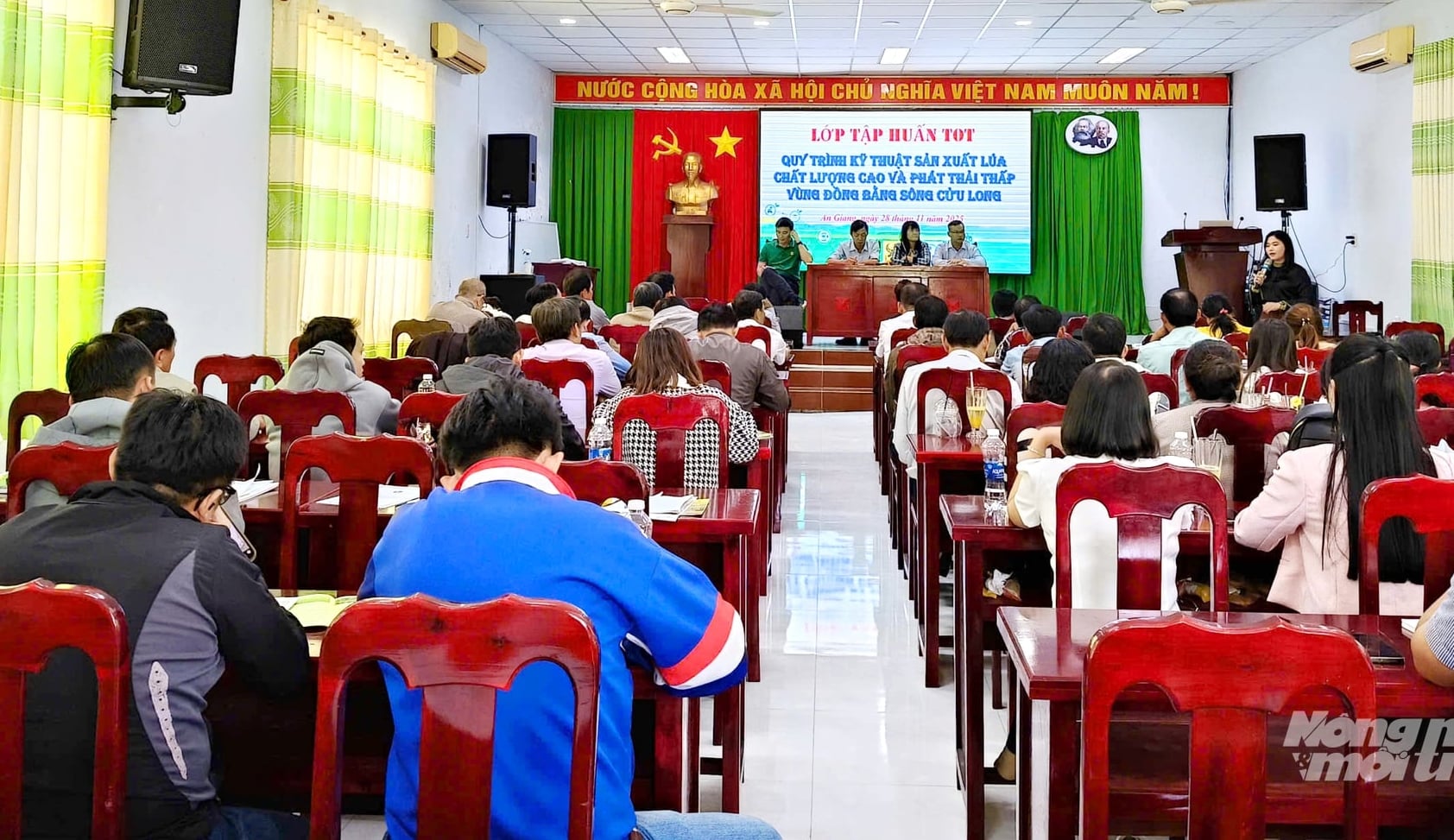
TOT training course on high-quality and low-emission rice production process organized by An Giang Agricultural Extension Center. Photo: Le Hoang Vu .
The training program has rich and practical content. Trainees are introduced in detail about the process of producing high-quality, low-emission rice. This is a new process that integrates many previous technical advances such as “3 reductions, 3 increases” and “1 must, 5 reductions”, smart farming and guidelines on reducing greenhouse gas emissions in production.
In addition, students were guided to implement MRV (measurement, reporting, verification) of emissions in rice cultivation, which is an important content in the context of our country promoting green agriculture and sustainable growth. Representatives of Binh Dien Fertilizer Joint Stock Company and Bayer Vietnam Co., Ltd. presented the process of technical processes for nutrient management, integrated pest management, and a set of specialized solutions to support effective, safe, and environmentally friendly farming models.
At the training course, trainees also heard a report on the results of the project "Building a model of rice cultivation to reduce emissions to serve the sustainable development of the rice export material area of the Mekong Delta in 2025". The report provided many practical figures, affirming the effectiveness of applying technical advances to the fields.
During the discussion, the trainees had a lively exchange with the leaders of the An Giang Agricultural Extension Center, experts and businesses. Many problems related to weather conditions, crops, pests and field management techniques were raised, thereby helping the training course to be more practical.
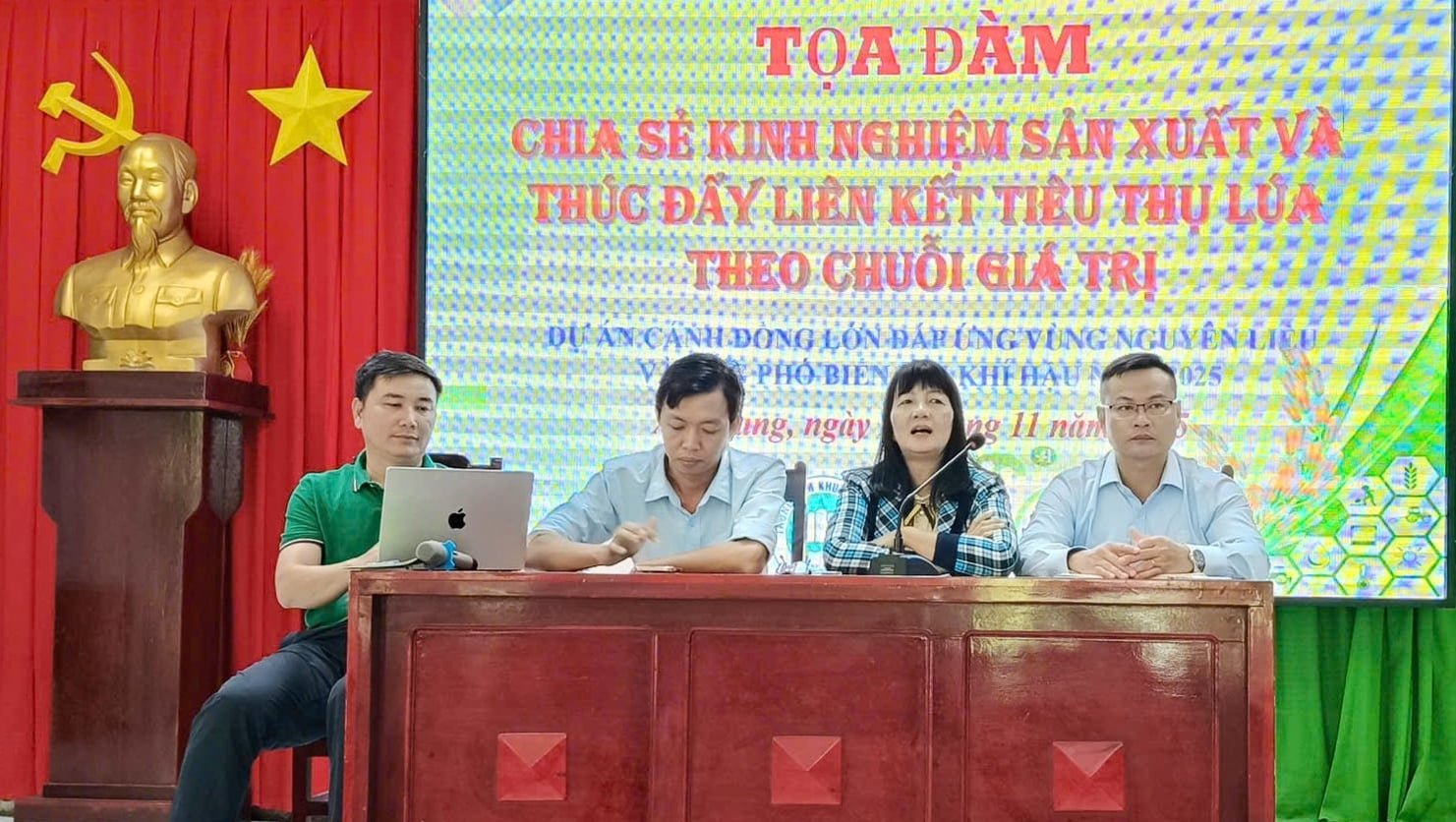
Experts and business representatives shared production experiences and discussed solutions to promote rice consumption linkages along the value chain at a seminar within the framework of the training course. Photo: Le Hoang Vu .
Speaking at the training course, Ms. Huynh Dao Nguyen, Director of An Giang Agricultural Extension Center, emphasized that An Giang's rice production is currently the largest in the country with a total cultivated area of more than 1.3 million hectares per year. This is the main income of most farmers, so updating and standardizing farming processes plays a very important role.
Over the years, An Giang farmers have approached many technical farming processes with the aim of reducing production costs, increasing profits, and ensuring environmental sustainability. The three key factors of rice production including seeds, nutrition, and pest management will continue to be emphasized in this training program.
According to Ms. Nguyen, the winter-spring crop often has cold weather conditions, which are prone to pests and diseases, so updating nutrient and pest management processes is extremely necessary. The agricultural sector hopes that technical staff, businesses and cooperatives will coordinate closely to apply technical processes to practice, depending on each region and weather conditions of each crop.
Ms. Nguyen also asked students to share their local difficulties so that the An Giang Agricultural Extension Center can continue to support them, helping the 2025-2026 winter-spring crop to be successful, contributing to increasing people's income.
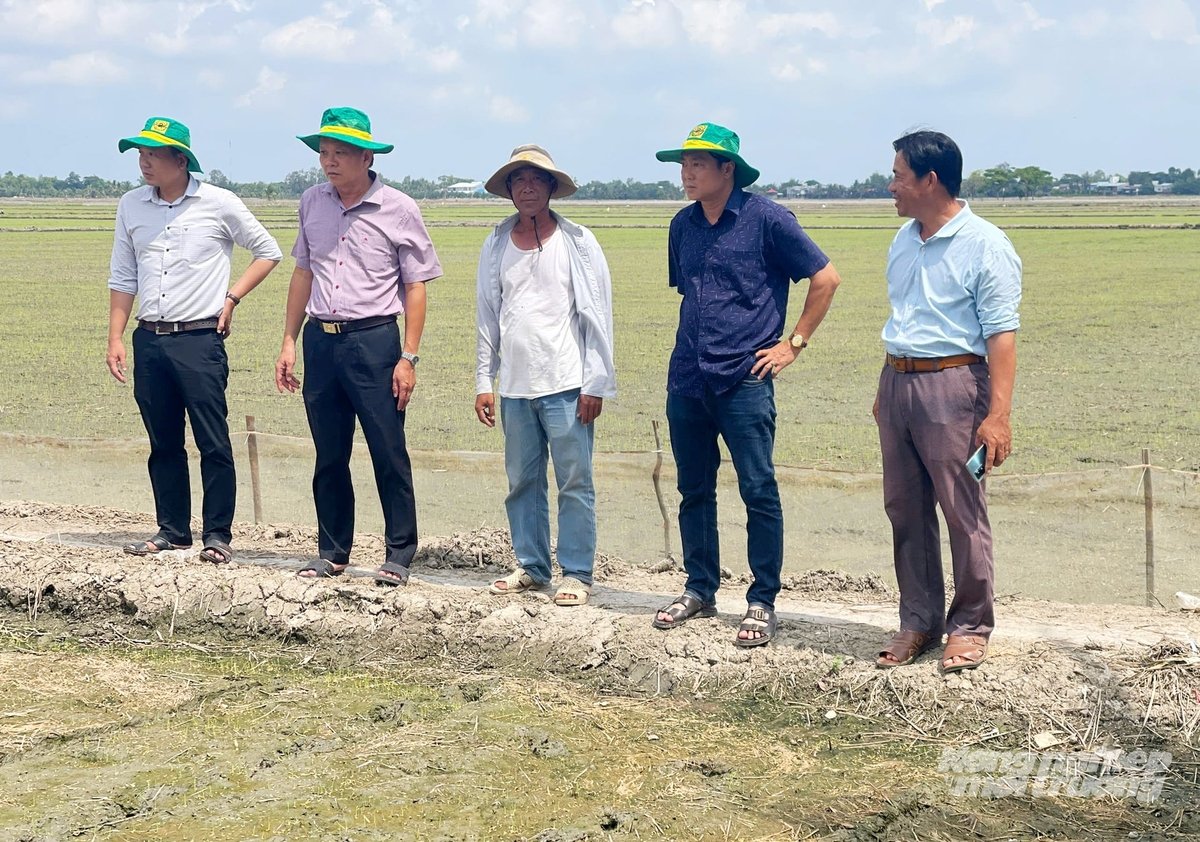
Leaders of the Department of Agriculture and Environment of An Giang and farmers surveyed the rice production model to reduce emissions. Photo: Le Hoang Vu.
“After this training course, An Giang's agricultural sector expects that the widespread application of high-quality rice production processes and emission reduction in the locality as well as the entire Mekong Delta region will contribute to the goal of sustainable agricultural development, meeting the requirements of the export market,” said Ms. Huynh Dao Nguyen, Director of An Giang Agricultural Extension Center.
Source: https://nongnghiepmoitruong.vn/an-giang-tap-huan-quy-trinh-san-xuat-lua-phat-thai-thap-cho-100-hoc-vien-d787074.html








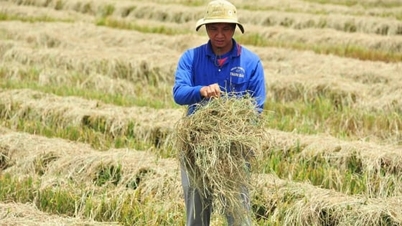
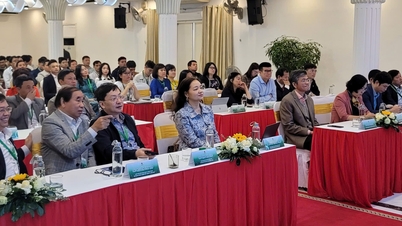

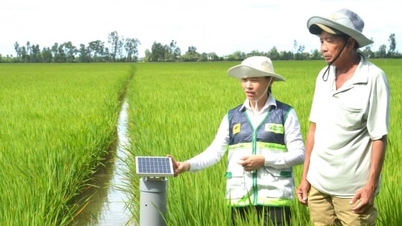
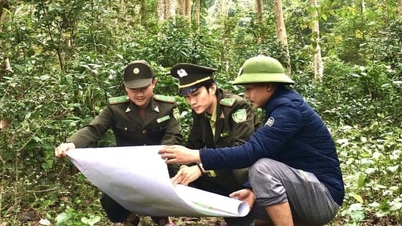
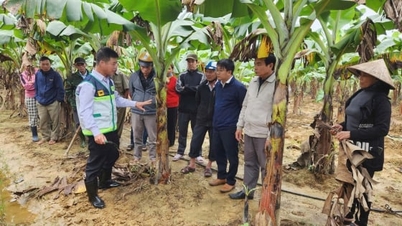
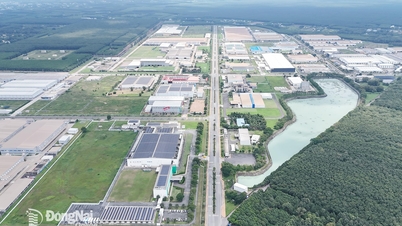

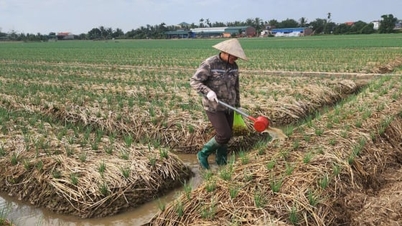
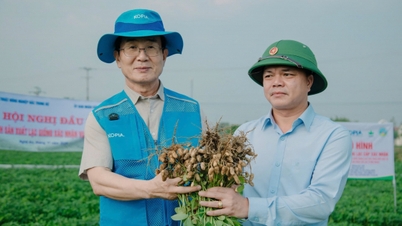

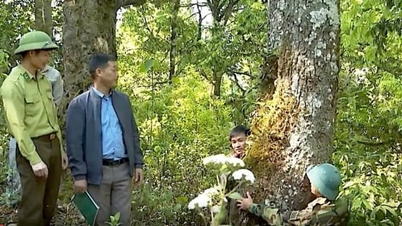
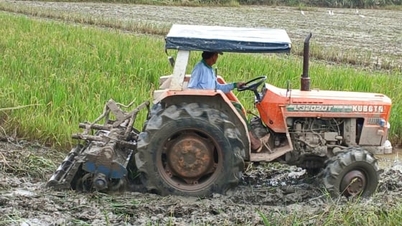
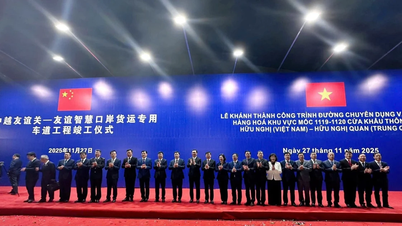






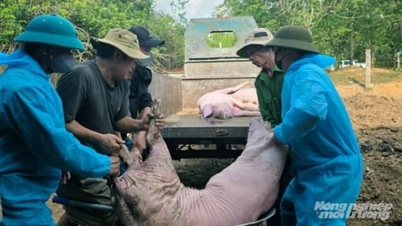
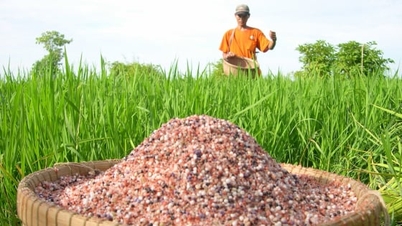
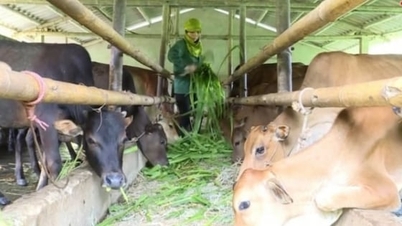
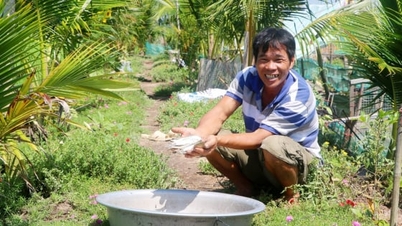
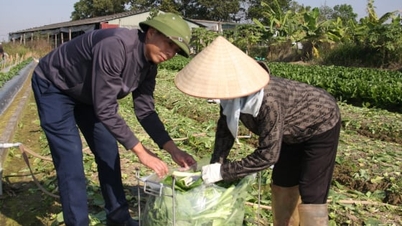











































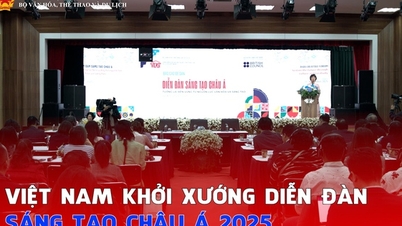
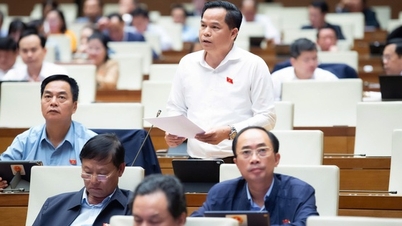
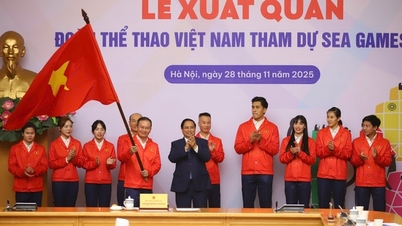
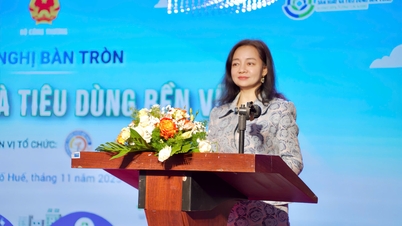


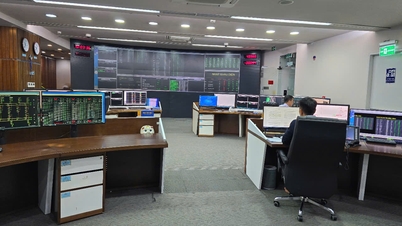
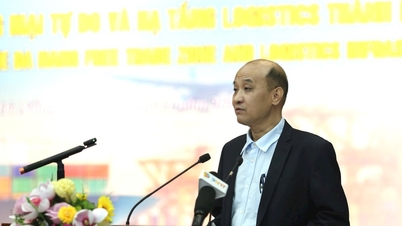

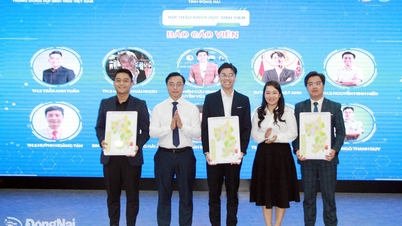
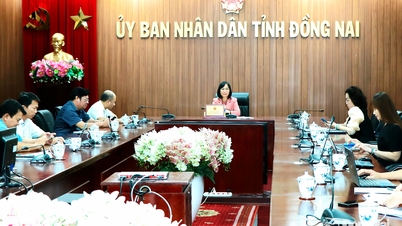
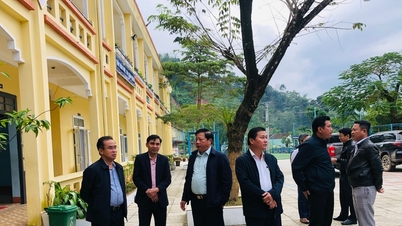
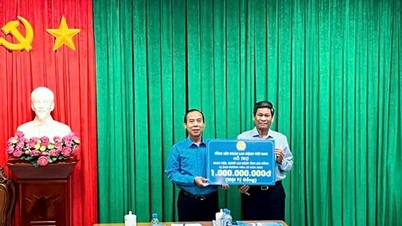
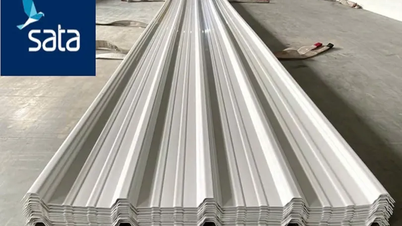








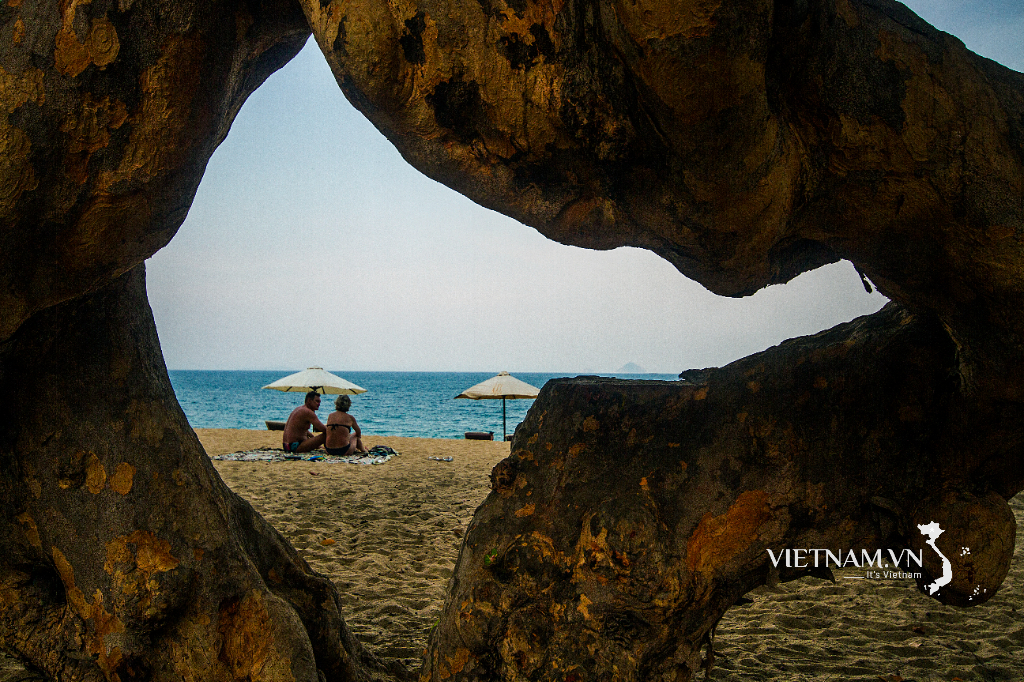



Comment (0)